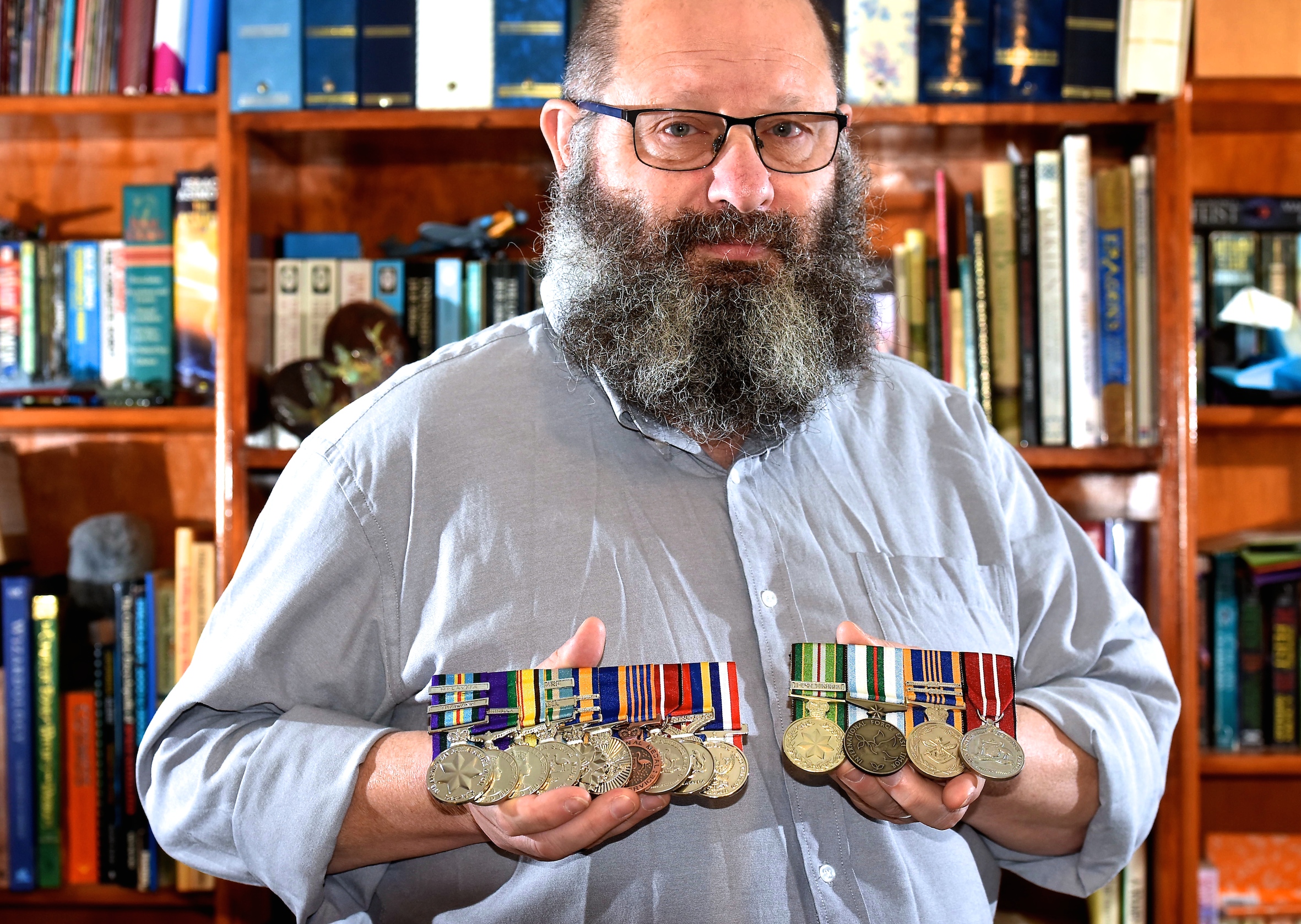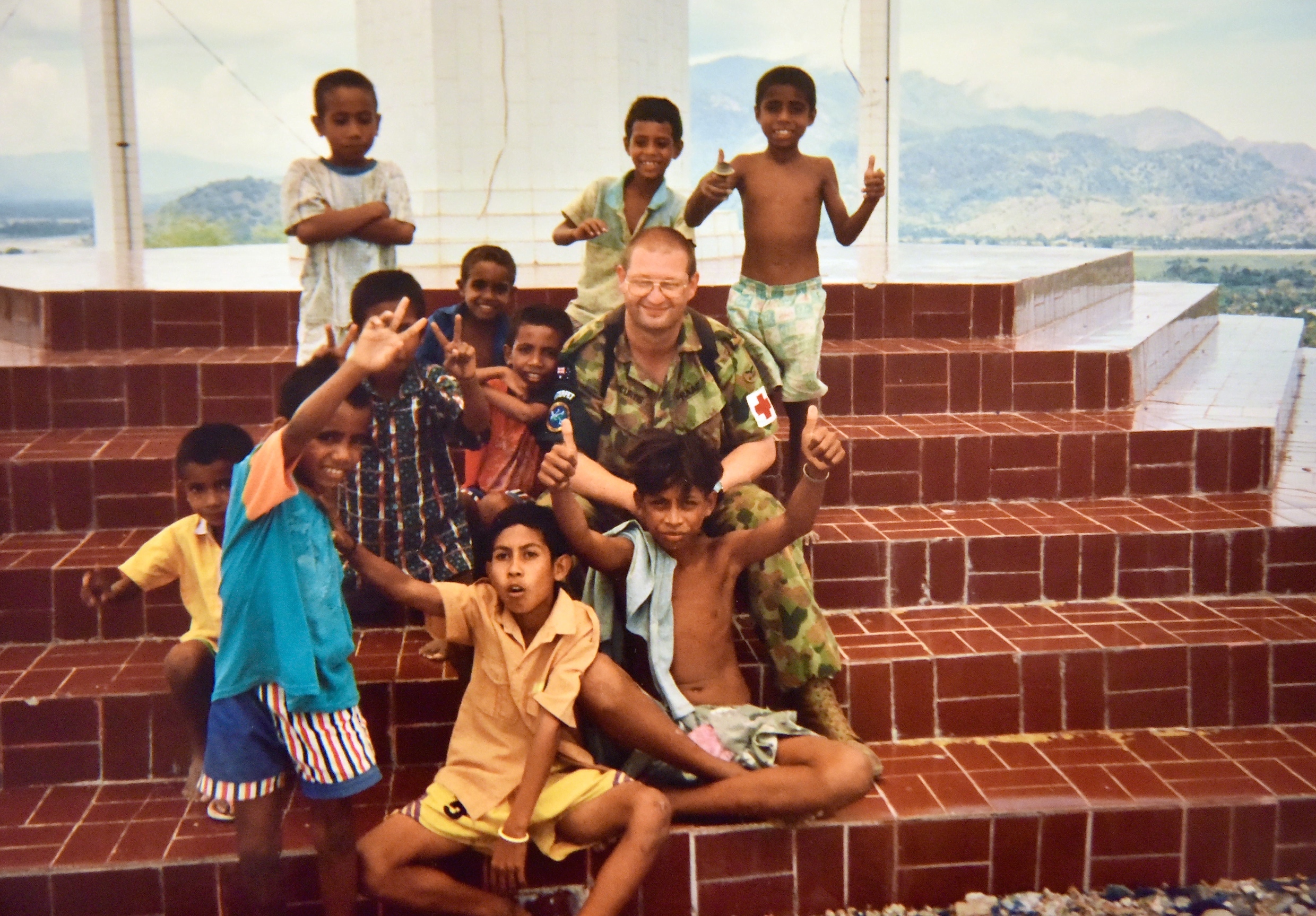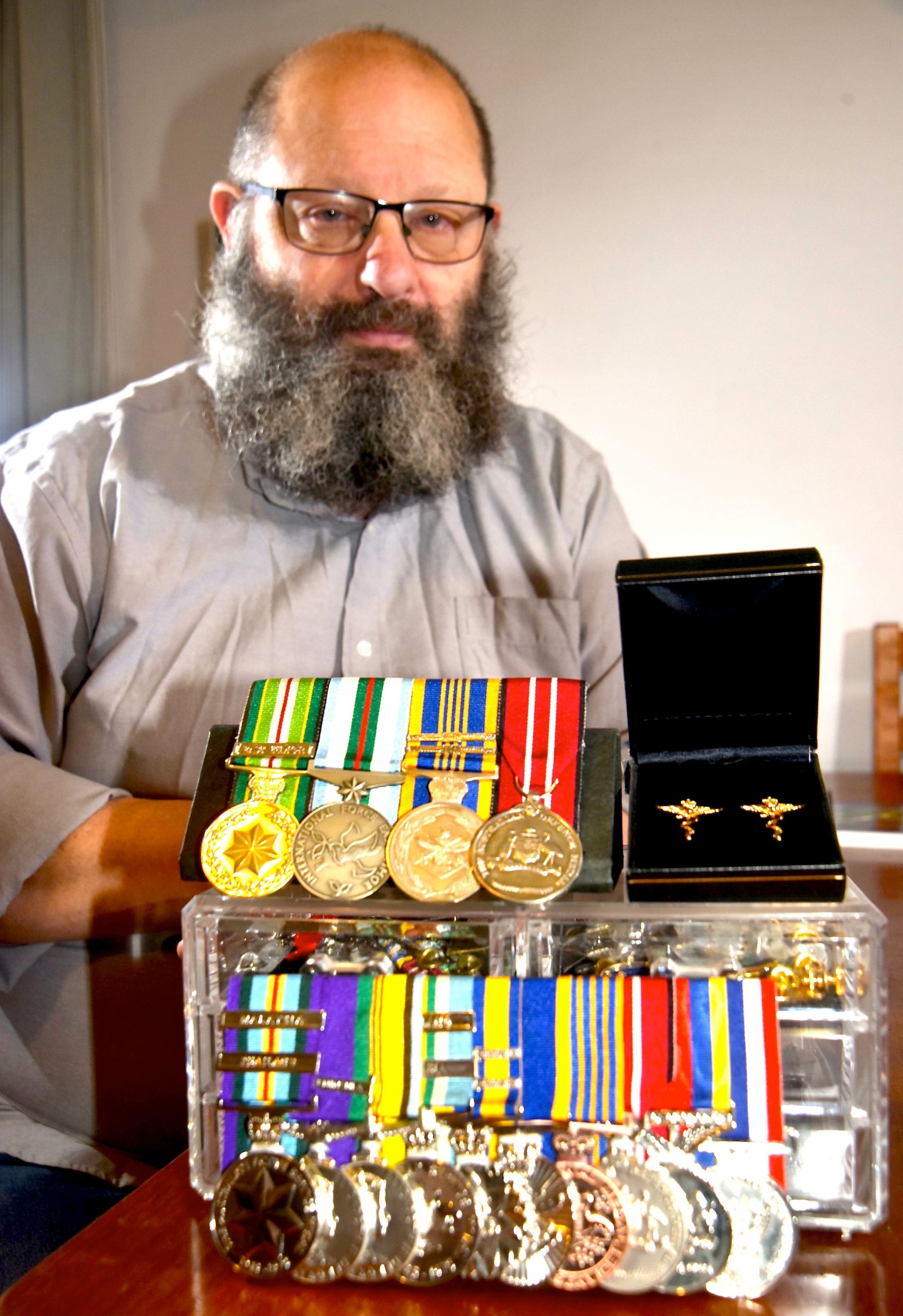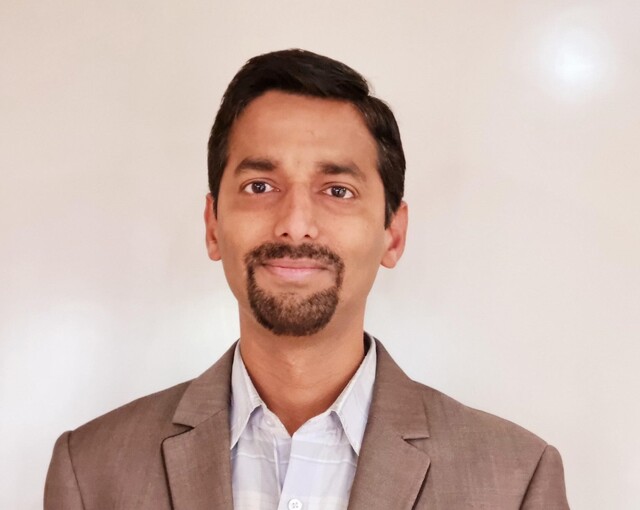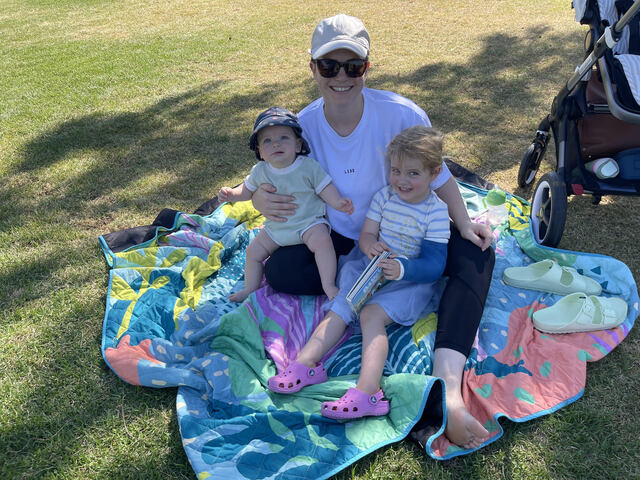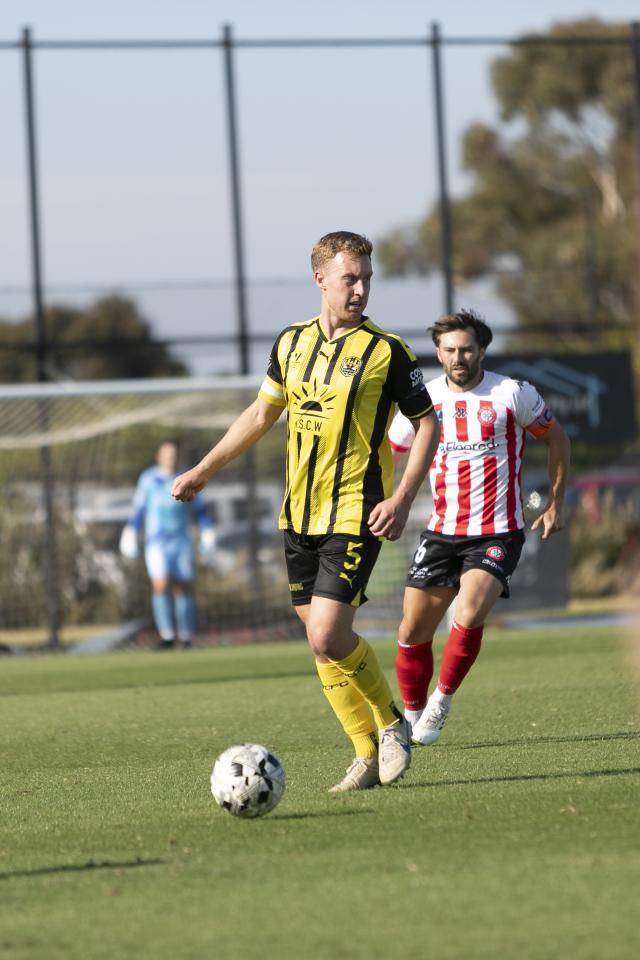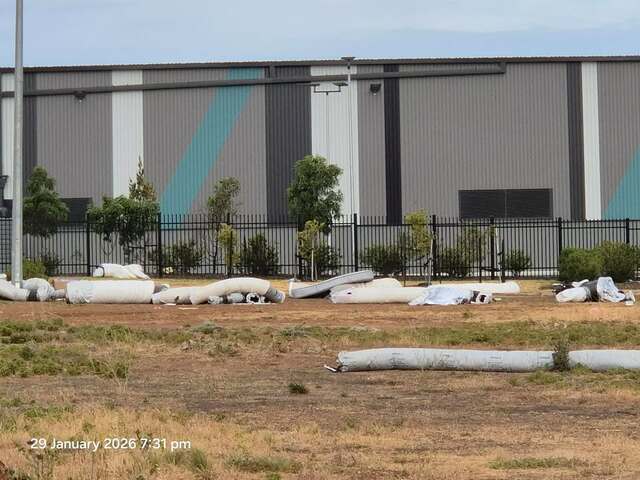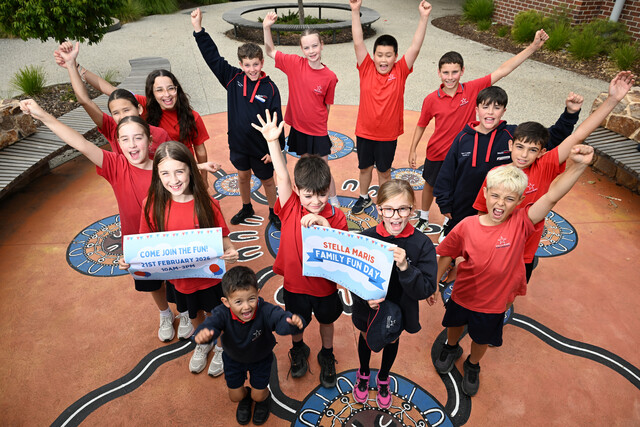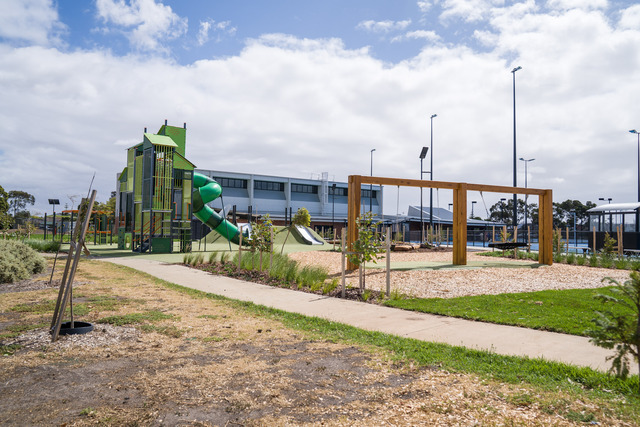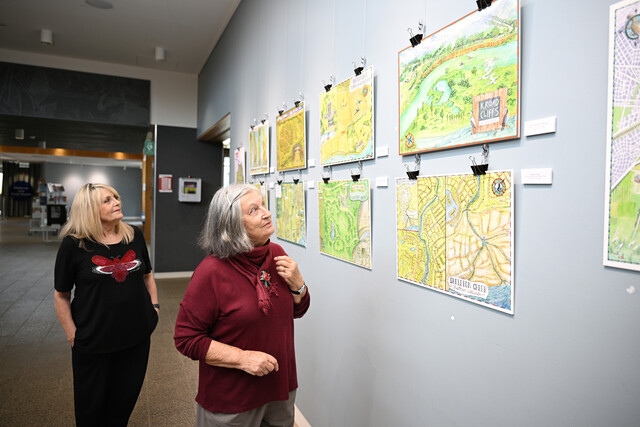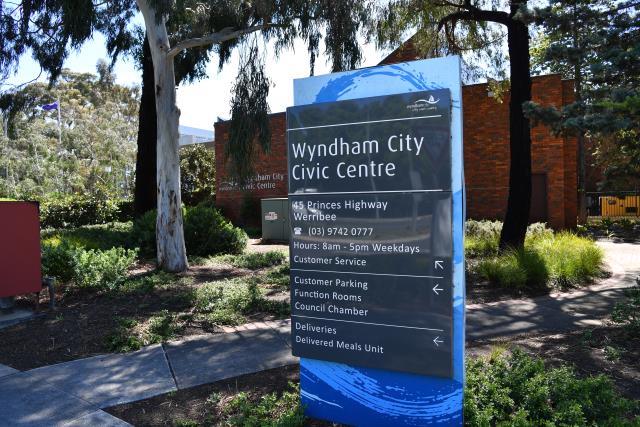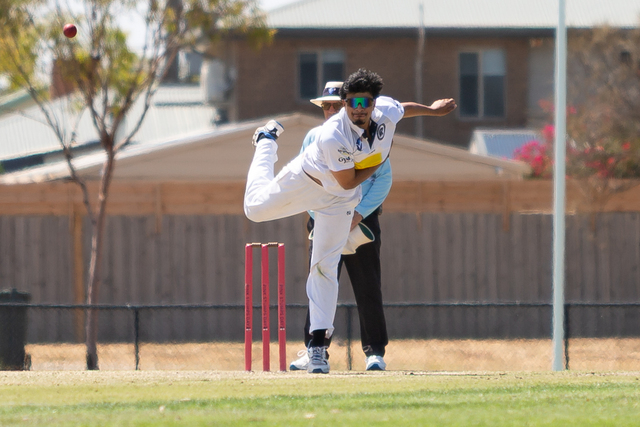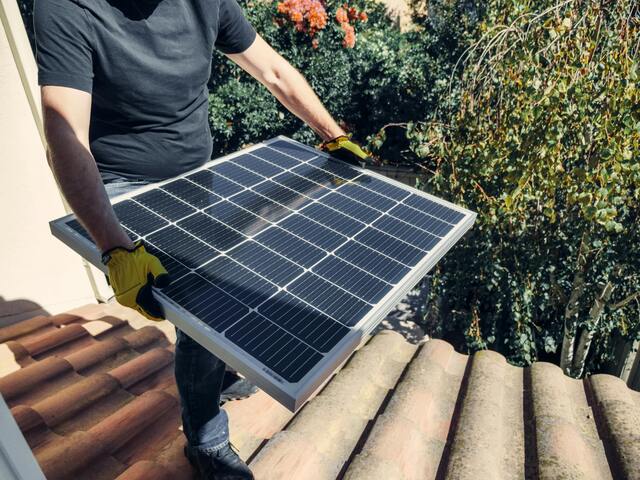Twenty years ago, Werribee’s Kev Curtis and his Australian Defence Force colleagues marked Remembrance Day with a service held at an East Timorese airfield.
Mr Curtis, who spent 27 years in the RAAF, served in East Timor for 5.5 months as part of the International Force East Timor (INTERFET).
INTERFET was a multinational non-United Nations peacemaking taskforce, organised by Australia to address the humanitarian and security crisis that took place in East Timor, following violence committed by militia forces after the majority of East Timorese people voted in favour of becoming independent from Indonesia.
Mr Curtis, who served as a medic with the 382 Expeditionary Combat Support Squadron, said that during September 1999, he and others in the team were “dropped off” at an airfield near Baucau, the second-largest city in East Timor.
Their jobs included securing the airfield, and helping to move large aircraft and cargo in and out.
They also acted as an aeromedical staging facility, helping the sick and wounded.
“Our day-to-day work included getting in a Caribou plane and flying in a loop around the country, to pick-up sick and injured civilians,” Mr Curtis said.
“Civilians, we would take to a UN hospital, and defence personnel we would take to a military hospital.”
Mr Curtis said he and the others on the medical team also paid weekly visits to a village near Baucau, to help people suffering leprosy and malaria.
Mr Curtis said his wife Liz and daughter Rowena knitted teddy bears and sent over a large bag full of the toys, to give out to children whom they treated.
He also described the Caribou flight crews as “angels”.
After a long day on the place, the crews would attach a harness to the medical team members, and let them sit on the plane’s ramp with their feet dangling over the edge, as they returned to the Baucau airfield.
“We were always flying away from the sunset,” Mr Curtis said.
“It was a God-send, you could collect your thoughts and think about things.”

Mr Curtis said that although military members went through tough experiences, often they would talk about the humourous things which occurred during their service.
For example, while in East Timor, Mr Curtis took a photo of a colleague proudly holding a tin of coffee and toilet paper.
“Those were two of the most important items which people back home could send us,” Mr Curtis said.
On Christmas Day, senior command also instigated a ‘Wear Your Worst Christmas T-shirt Day’ for the troops.
Mr Curtis also recalls that some of his colleagues kept a “rat scoreboard” while in East Timor.
“There were very impressive rats there, we could have saddled them up and ridden them,” he said.
On a more serious note, a Lockheed L-1011 TriStar plane would often visit their airfield.
“We called it the Death Star, because whenever it came in, something bad would happen,” Mr Curtis said.
Once, Mr Curtis’ colleagues was injured after being caught in the “jetwash” (turbulence) of the TriStar and thrown onto a truck.
Mr Curtis said he and another medic rushed in to help the man and organise his evacuation.
Afterwards, another colleague commented upon how intense the situation was.
But Mr Curtis said he was not referring to the injured man, but an incident which had occurred while he was being treated.
While Mr Curtis and the other medic were treating the man, militia forces had lobbed grenades into their airfield encampment.
Luckily, none of them went off, as the militia had forgotten to put detonators in the grenades.
Mr Curtis said that afterwards, while on patrol, his colleagues found the box of detonators.
Mr Curtis said later on, after he returned to Australia and started teaching defence junior medics and nursing officers in Laverton, he would often recount this incident as an example of the importance “situational awareness” – never forgetting your surroundings.

In January 2000, Mr Curtis returned from East Timor to Australia on a C-130 Hercules which he and his colleagues fondly dubbed the ‘The Freedom Turkey”.
Mr Curtis said he had developed a love of aircraft thanks to his father John, who also served in the RAAF.
John served in Thailand during the Vietnam War and also Malaysia, and joined the Army Reserve after he left the defence force.
Mr Curtis said that overall, he had enjoyed his time in the RAAF.
“Mental health-wise, I’ve managed to come through pretty unscathed but I have lost some friends,” he said.
Mr Curtis said some of his friends were on board the Sea King helicopter Shark 02, which crashed in 2005 while supporting a humanitarian mission on the Indonesian island of Nias. Nine Australian Defence Force personnel were killed in the crash.
“I also have a couple of good friends who served in Rwanda when the Kibuye massacre took place, they have a lot of trouble and suffer severely from PTSD,” Mr Curtis said.
“Sadly, we lose so many veterans to suicide.”
“It breaks my heart.
“Almost everyday, I think of about the friends I’ve lost and the ones who are still suffering.”
See https://www.beyondblue.org.au/ or call Beyond Blue on 1300 22 4636 for assistance.

